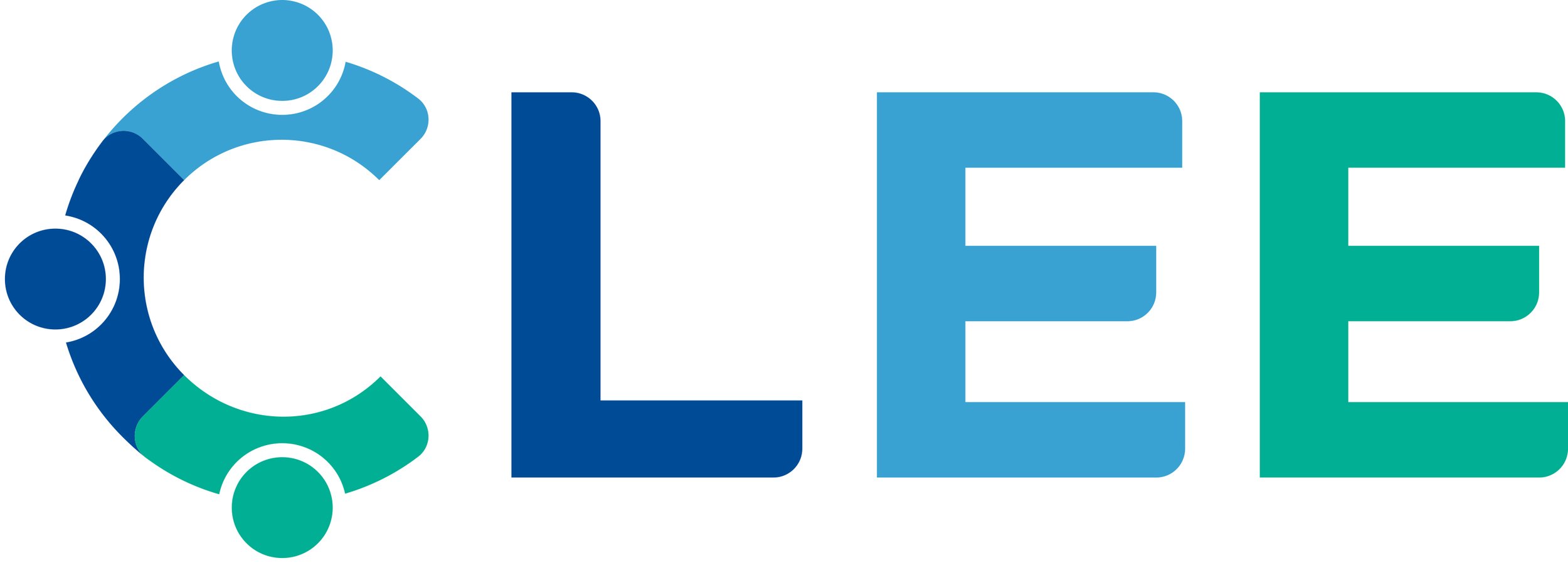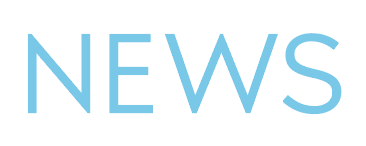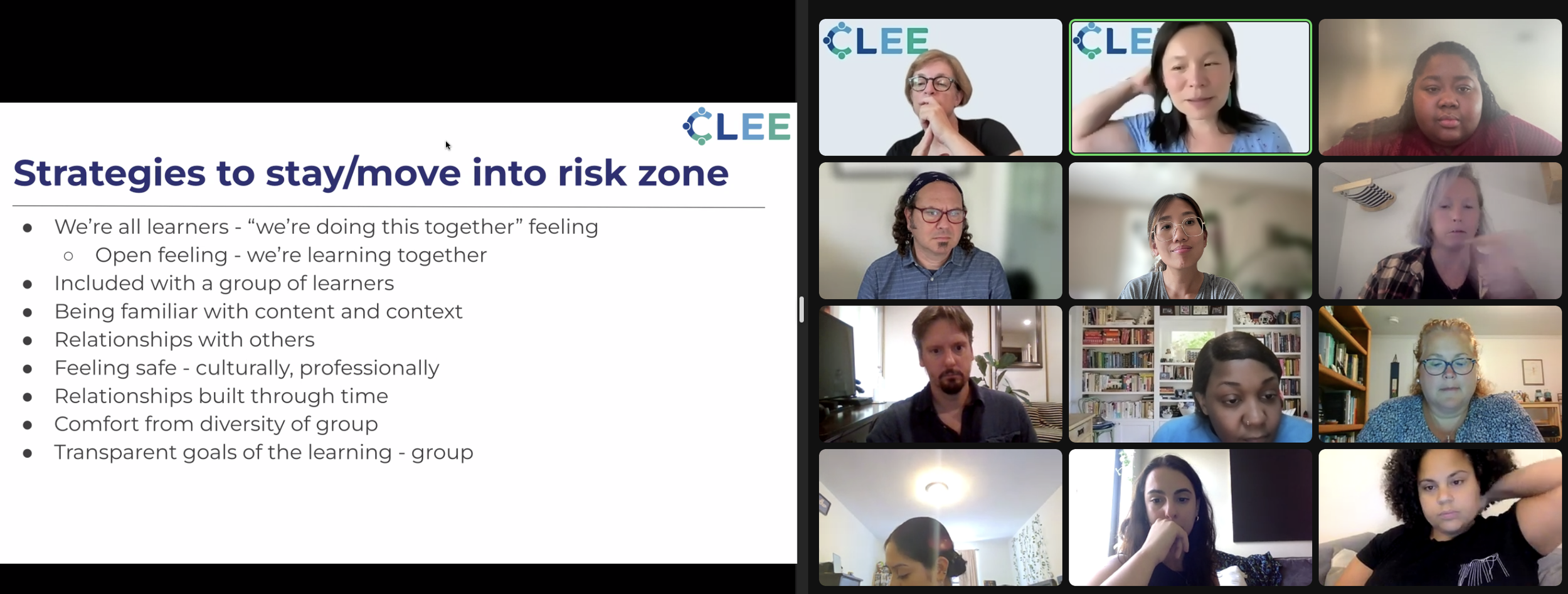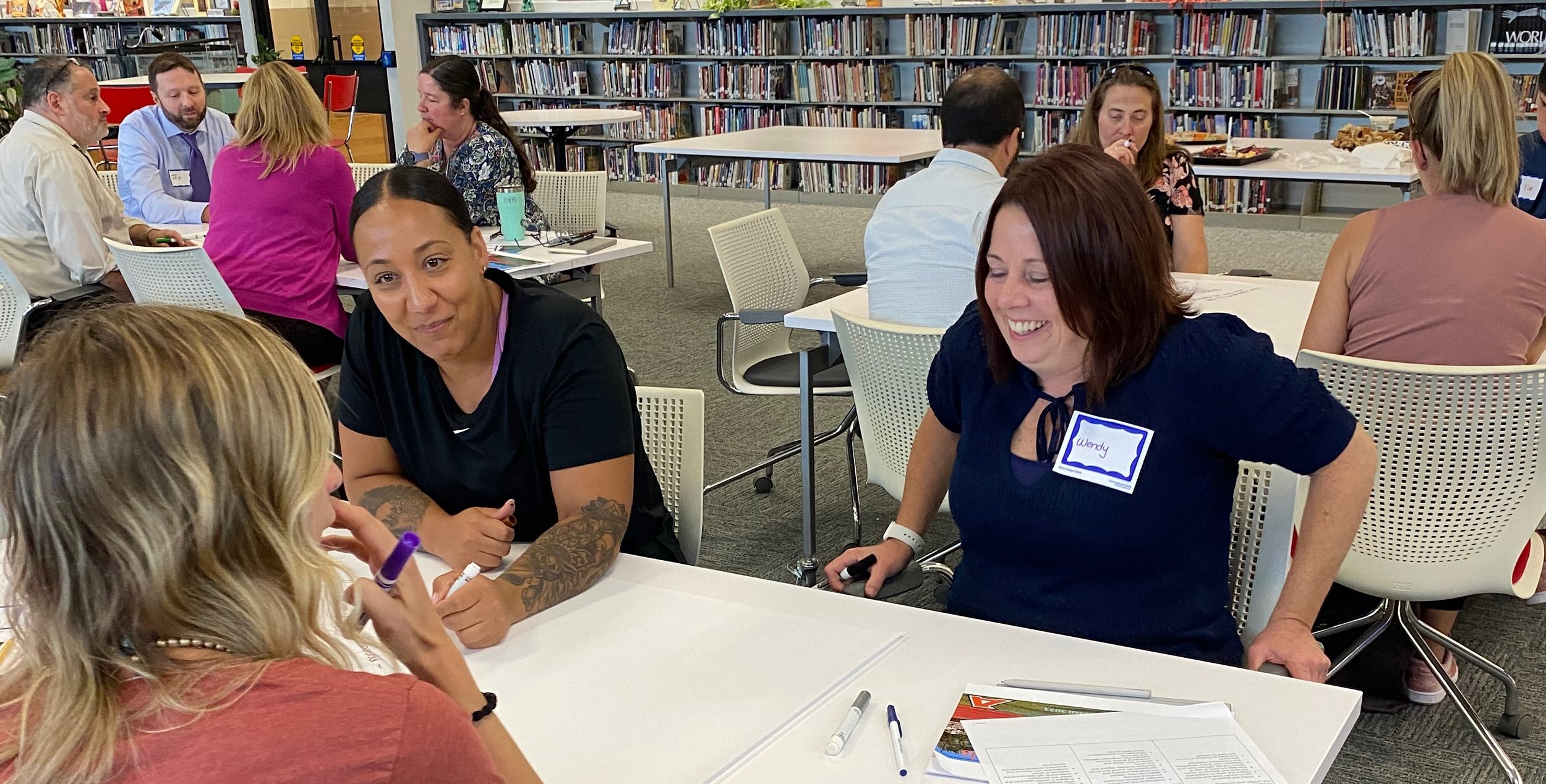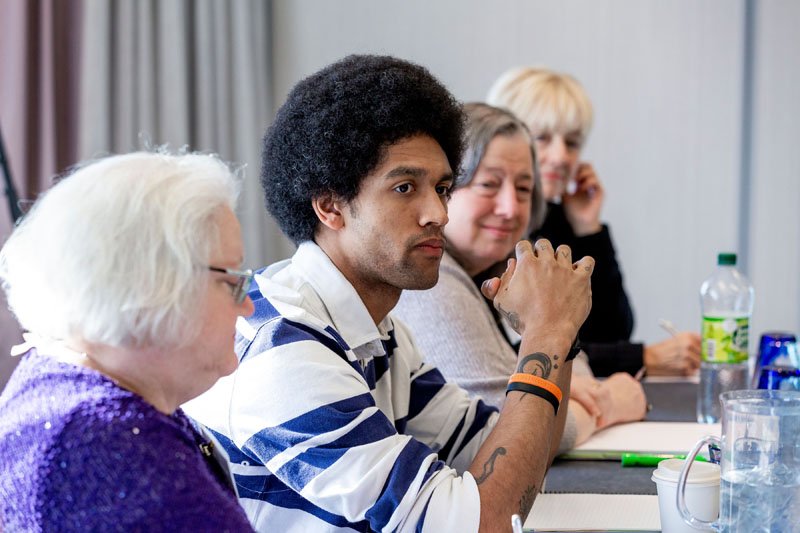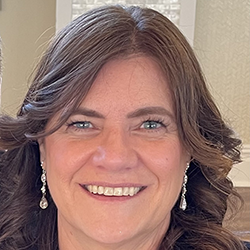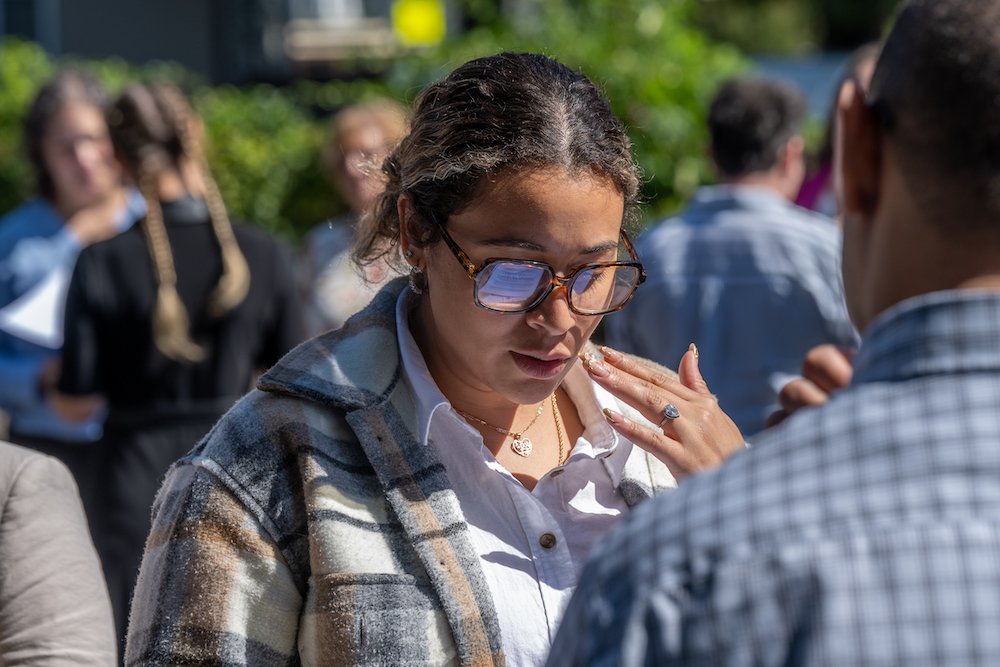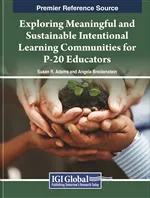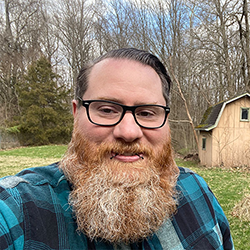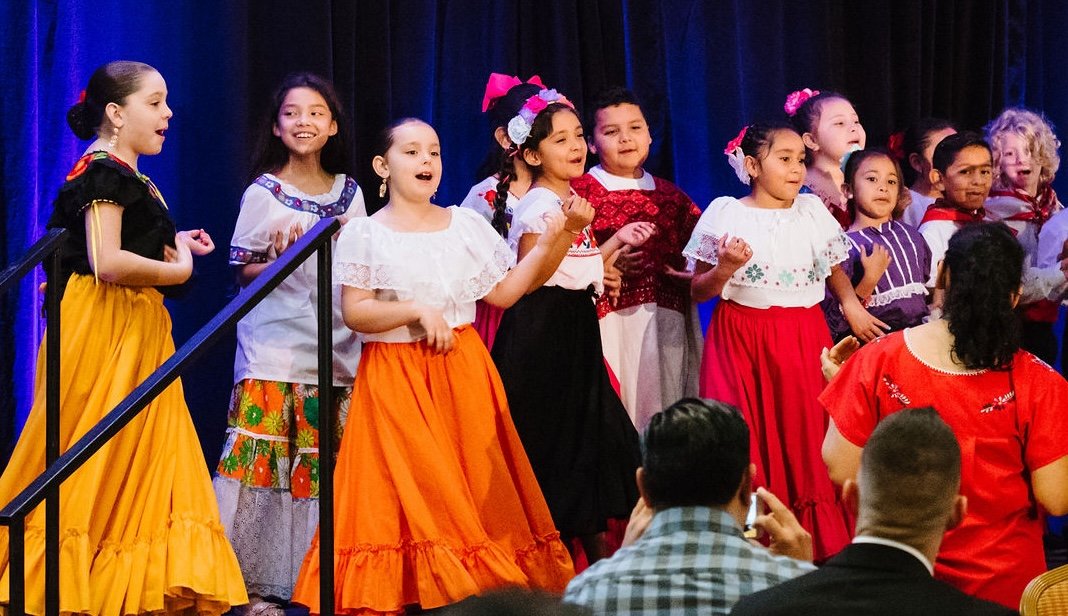March 2024
Our collective power expands when we support each other to foster the unlimited potential of each and every student.
Improve Online Experiences Using Adult Learning Theory
How can we make learning experiences more enriching and time-effective? Like schools, CLEE looks toward ever-advancing technology to support our efforts. Recently, CLEE launched a new learning management system (LMS) to support the educators we serve. One of our biggest areas of learning is how important it is to design learning experiences in the LMS that utilize adult learning theory.
The main purpose in implementing an LMS was to allow our participants to use their limited time more effectively by engaging in dynamic learning and collaboration at any time that suited their needs. CLEE’s LMS can support both asynchronous and synchronous learning opportunities by applying adult learning theory or andragogical principles, and best practices. Our aim is to support participants’ learning and their ability to apply it to enhance their professional learning communities’ impact on student learning.
CLEE designed the LMS based on Jane Vella’s Four A’s of Adult Learning: Anchor, Add, Apply, and Away (Vela, 2008). We seek to anchor the content within the learner’s experience, add new information, apply the learning in a new way, and take that learning back to their communities and contexts.
-
The anchor connects content and tasks to the learner’s experience.
-
The add part of the learning design emphasizes adding new and meaningful content.
-
The apply part of the learning design supports learners to create additional meaningful opportunities to work with the new information, material, and content.
-
The away part of the learning design allows for learners to make commitments to new behaviors and practices.
By designing learning and experiences through the Four A’s of Adult Learning, CLEE supports learners to:
-
develop a mature understanding of themselves and their communities
-
facilitate meaningful relationships with others in the community
-
develop a growth-minded and dynamic disposition toward their learning
-
conceptualize a deeper understanding of the why of learning
-
understand their ability to make changes and impact students
-
Use their limited time effectively through anytime learning
Jamal Safi, Associate Director of Emerging Learning Technologies
Learn Key Strategies to Collaborate for Equity in No-Cost Virtual Sessions
Get new ideas and strategies at CLEE’s upcoming Leading Virtual Collaboration for Equity Series.
Share your voice and experience in collaboration with colleagues from across the country. These are highly-interactive virtual sessions, rather than sit-and-get webinars. Each 2-hour session builds skills and gives you new tools to foster equity in your setting. Best of all, these sessions are being provided at no cost to you!
There are no prerequisites for these sessions, and they are open to all educators and everyone that supports them (teachers, school leaders, support, administrators, higher-ed, service providers, etc.)
Sign up for as many sessions as you like; Space is limited:
Questioning as a Tool to Interrupt Bias
Thursday, March 7, 2024 4-6pm (Eastern)
In this dynamic, interactive experience you will learn frameworks and techniques to engage yourself and others in examining beliefs and values that drive behavior. We will explore using questioning as a tool to interrupt bias while staying engaged in a process of transformation.
Integrating Equity-Centered Data Routines into Adult Collaboration
Thursday, April 25, 2024 4-6pm (Eastern)
It is a critical equity practice to use data processes that engage multiple stakeholders. In this session, participants will engage in data conversations that open up possibilities and question assumptions rather than reinforce stereotypes. The process will help us understand all that the data may reveal before moving toward a collective understanding and plans to take action to increase equity.
Analyzing Student Work to Drive Improvement in the Instructional Core
Thursday, May 9, 2024 4-6pm (Eastern)
Analyzing student work is a practice that helps educators dig more deeply into what is happening in the instructional core. In this session, participants will engage in structured dialogue around student work in order to refine adult instructional practices to increase equity in the classroom.
Sharing Problems of Practice Takes Courage
Learning from the Equity Leader Accelerator Program
We are excited to share learning and resources from our innovative USDOE SEED grant-funded program, Equity Leader Accelerator Program (ELAP), currently underway in Massachusetts.
CLEE is supporting early career principals to enact MA DESE’s Anti-racist Leadership Competencies while concurrently supporting experienced leaders to serve as mentors in our 12 partner districts.
How protocols create brave space for equity leaders to share problems of practice
ELAP’s Peer-to-Peer Sessions provide a network for leaders to connect and support each other while examining equitable practices. Our latest session was an opportunity for leaders to share current problems of practice, or dilemmas. Sharing dilemmas can feel unsafe unless structures are in place to allow leaders to be vulnerable together. Using protocols creates an environment for reflection and openness. When peers engage with each other using collaborative protocols, such as Peeling The Onion and The Consultancy, they create an environment that encourages diverse perspectives, deep reflection, and insights into challenging problems of practice. These dilemmas are often common challenges, so participants can take away as much learning as the presenter.
Peeling The Onion Protocol provides a structured way to explore root causes to gain an appreciation for a complex dilemma or problem of practice. The purpose is to understand more deeply the nuances while avoiding the inclination to solve the problem before it has been fully defined.
The Consultancy Protocol is helpful when a dilemma is more fully understood with possible considerations for action. The use of probing questions generates an expansive view of the problem and elicits more ideas for possible next steps.
Reflection from participants on using these protocols to discuss their dilemmas with colleagues:
-
“[This feels like] examining my leadership competencies and determining the leading edge”.
-
“Surfacing deep equity issues that you’re grappling with and not succeeding in overcoming, is vulnerable..”
-
“Having this time to process with an experienced coach is helpful, in that the session becomes a sounding board for my reflection.
-
“The breakout groups allowed me to present dilemmas I have, which was risky for me”
Cheryl McWilliams, Continuous Improvement Facilitator and Coach
CLEE’s methods provide leaders a place to share best practice, engage using collaborative tools that strengthen their skills, and challenge thinking to discover ways that ultimately increase equity in their school communities.
Apply to Principal Residency Network Today!
Become a Certified Principal in Rhode Island in just 11 Months
NOW is the best time to invest in yourself and your career to become a well-trained Equity Leader. Our methods have made CLEE’s Principal Residency Network (PRN) the top-ranked accreditation program in Rhode Island, with a 92% placement rate.
PRN is more than a certification; it is an authentic residency where you are immersed in the principal role and mentored by an experienced leader. You also share your residency experiences with your cohort in a learning community to amplify your learning. Graduates are not only certified to be a principal, they are prepared to lead for equity in their setting.
Don’t put off investing in yourself to increase your impact in education.
Overcoming Barriers to Equity Through Intentional Learning Communities by Kirsten Ebersole Lacroix, Donna Braun, Michelle Li, Chris Jones
Though I’m listed as an author, I definitely did more reading than writing for this chapter. My role in professional development for adult collaboration has been more about support than practice for the last 20 years, and I took this chapter as an opportunity to make more explicit the connections between School Reform Initiative (SRI) practices and CLEE’s strategies. It was a way to connect where we have been with where we want to go. I am most excited for how we were able to illustrate how you can use a learning community to foster educational equity.
What really stood out to me is how important it is to focus on improving the Instructional Core. This triad of students, teachers, and content is within the realm of influence for educators and where they can have impact on equity even when it does not feel like they have a lot of control over other aspects of the education system. The opportunity to have agency in your practice is something that has stuck with me and has been a strong part of my work connecting the dots from the practices we promote to creating equitable outcomes for each and every student.
This chapter is part of the larger work: Exploring Meaningful and Sustainable Intentional Learning Communities for P-20 Educators (use code IGI35 for 35% off), Edited by Susan R. Adams and Angela Breidenstein. You may recognize the editors as SRI affiliates and facilitators, and I was so glad to collaborate with long-time colleagues. If you check out the table of contents you will see many more chapters from familiar SRI community members. I think we all seized this opportunity to share our learning with the wider education community.
Chris Jones, Partner Communications and Support Manager
Build Student Perspective Into Continuous Improvement
Continuous Improvement can sound like fixing something that is wrong, but it is actually a structured process to strategize for success. It fosters a growth mindset, especially toward planning, evaluating, and adopting new practices to foster equity for students in your setting. Using state assessment and other student data is an essential part of the process. An overlooked and potent form of data is student perspective data. Student perspectives can be a crucial data point, especially in making improvements for educational equity.
A few tools we use to gain student perspective:
An Empathy Interview is a process to gather qualitative data through an interview. These interviews are designed to gather insights from the individual’s perspective. They focus on the stories, experiences, and understanding of the interviewee.
Observations can be made either from the student’s vantage point or during classroom observations. Educators can make structured observations as a student; taking the bus, sitting in a class, and having lunch with students can tell you more about how they experience school.
Instructional Rounds are Classroom observations centered on a question or dilemma to get focused feedback and data. It can be focused to observe student experience and impact, not just for fidelity to curriculum.
Janelle Clarke-Holley, Director, Executive Leadership Programs
Using these tools can gather powerful student perspectives, and it is the facilitated collaborative discussions of what is learned that can lead a school to new ways of thinking and doing. The debrief is just as important as the process. This can provide much needed innovation and agency in a school’s improvement process.
These processes help measure impact vs. intention of improvements. Getting students’ perspectives can provide insight into what we are seeking to improve and to see how practices actually impact student experience.
Each month, CLEE offers a question or two to help you reflect on what you are experiencing. Thinking about the importance of questioning and what your answers mean is one more step in your growth as a leader for equity.
Join CLEE on social media to follow the monthly questions and share your answers.
Where will you focus your innovations for improvement this month?
The Resource book is back!
The Resource Book is a selection of protocols curated into a spiral-bound book and organized into sections, ideal for both new and experienced practitioners who want easy access to our most popular tools.

